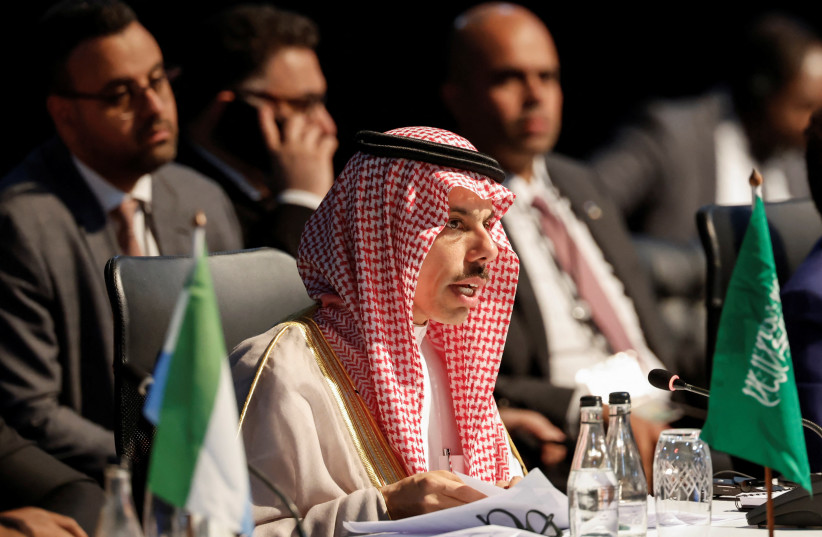Japan’s Foreign Minister Yoshimasa Hayashi will arrive in Saudi Arabia on September 7 for a Japanese ministerial meeting with the Gulf states, part of a Japan-GCC meeting that is important for the Gulf and Japan. It is part of a larger shift by the Gulf and the region to focus more on relationships with countries in Asia, especially, China, Japan, South Korea, and other powerful economies.
According to the reports at Arab News, the talks with the Gulf states will include a discussion on trade and global security. Hayashi also spoke to Asharq Al-Awsat. The meetings are an “opportunity to review growing economic relations between Japan and the region’s countries, with trade between the two parties having exceeded $100 billion last year,” the Arab News report said.
“The resumption of talks on a Japan-GCC free trade agreement was decided after the visit to Riyadh in July of Japan’s Prime Minister Fumio Kishida. The agreement was concluded with Jassim Mohammed al-Budaiwi, secretary-general of the GCC,” the report noted.
Who will the Japanese foreign minister meet in his Middle East trip?
Hayashi will meet with Saudi Arabia’s Foreign Minister Prince Faisal bin Farhan during the trip. Saudi Arabia is investing in many new programs that bring together countries in the region and globally. This includes investment in hi-tech and new initiatives relating to food and water security and technology. The reports also tie these meetings to the “Saudi-Japanese Vision 2030.”
The Japanese diplomat said, “From the discussions I have had with Prince Faisal bin Farhan, the foreign minister, in several meetings or by phone call, I can confirm that Japan and Saudi Arabia have great potential to deepen and expand their bilateral relations.”

There are other issues on the table such as resolving regional problems through diplomacy. This includes the conflict in Yemen.
“I have repeatedly stressed the importance of peace and stability through the Taiwan Strait directly to China,” Hayashi was quoted as saying by Arab News. “At the same time, I will work closely with partners in like-minded countries, and clearly convey our common position to China.”
A separate report at Al-Ain media says that Japan will be meeting with representatives of Arab states in Cairo this week. Most of the discussions are general, but the states also looked to several key issues such as combating terrorism, achieving sustainable development, and energy security, as well as responding to the food security crisis.
Discussions focused on Libya and resolving the conflict there through elections. “They stressed their support for the efforts aimed at reunifying the Libyan institutions…and the necessity of the exit of all foreign forces, mercenaries and foreign fighters from Libya within a specific time limit. They also emphasized the pivotal and fundamental role of Libya’s neighboring countries to resolve the crisis,” the report. They also discussed Yemen and Syria as well as the conflict in Sudan.
The overall trend shows how countries in the region are now focused more on East Asia and vice-versa how countries in East Asia are now more interested in the Middle East and also reducing the conflicts in the region. This is important also because Israel has key ties with countries like Japan, Singapore, and South Korea, as well as India. For the entire Middle East, therefore, the focus on emerging and growing ties with powerful economies in the East is important.
